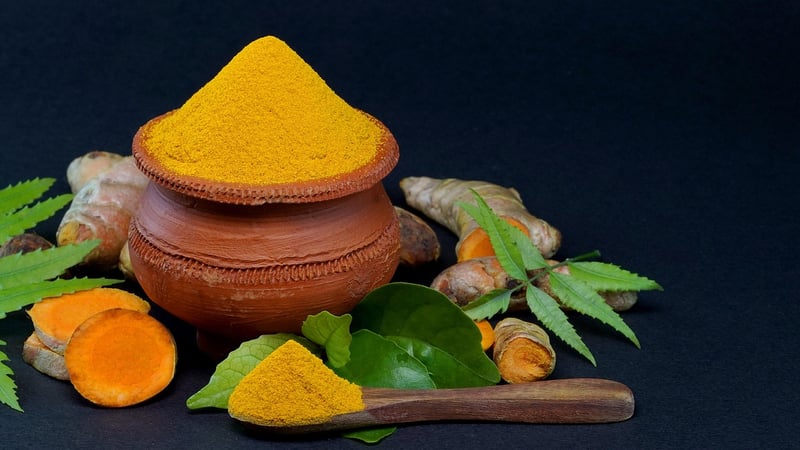Organic Sprays
Dealing with Plant Pests: A Guide to Organic Sprays
Keeping your plants healthy and thriving can sometimes be a challenge when dealing with pesky pests. While there are many chemical pesticides available on the market, more and more people are turning to organic solutions to protect their plants without harming the environment. Organic sprays are a great way to control pests naturally and effectively. Let's explore some common plant pests and organic spray options to combat them.
Common Plant Pests
Before diving into organic sprays, it's essential to understand the common pests that can wreak havoc on your plants:
- Aphids: Small, pear-shaped insects that suck plant sap and can cause leaves to curl and distort.
- Spider Mites: These tiny pests feed on plant fluids and leave behind a fine webbing.
- Caterpillars: Larvae of butterflies and moths that chew on leaves and can defoliate plants.
- Whiteflies: Small, white insects that feed on plant sap and can transmit plant diseases.
Organic Sprays for Pest Control
Organic sprays offer an eco-friendly alternative to traditional chemical pesticides. Here are some effective organic sprays to combat common plant pests:
Neem Oil
Neem oil is derived from the neem tree and acts as a natural insecticide. It can disrupt the life cycle of pests like aphids, whiteflies, and spider mites.

Soap Spray
A simple mixture of mild soap and water can effectively control soft-bodied pests like aphids, spider mites, and whiteflies by suffocating them.

Diatomaceous Earth
Diatomaceous earth is a natural powder made from fossilized algae. It works by drying out and dehydrating insects like caterpillars and beetles.

Conclusion
Protecting your plants from pests doesn't have to involve harmful chemicals. Organic sprays provide a safe and effective way to keep your garden healthy while minimizing environmental impact. Experiment with these organic options to find the best solution for your specific pest problems.
Remember to always test any spray on a small portion of your plant before applying it more broadly to ensure compatibility and avoid any adverse effects.
Happy gardening!
